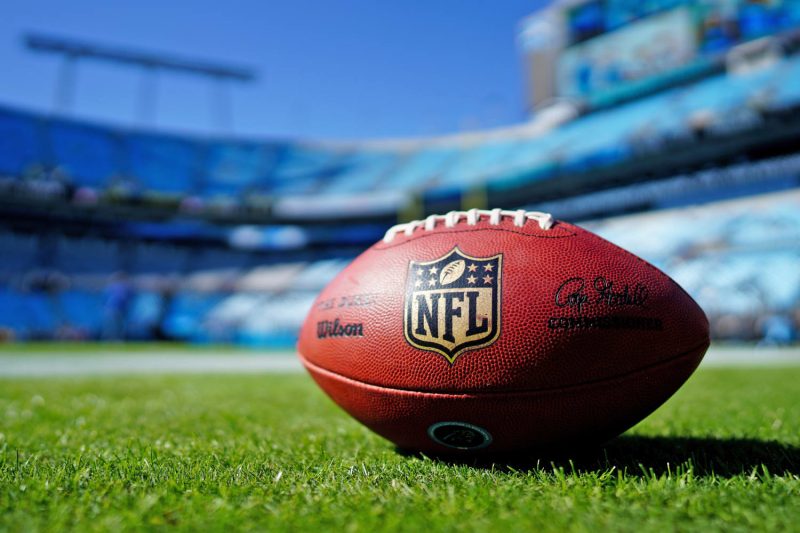NFL Owners Vote in Favor of Private Equity Investment
The National Football League (NFL) has always been known for its ability to adapt and evolve to keep up with the changing times. In a recent move that has caught the attention of many, NFL owners have voted in favor of allowing private equity investment in certain team ownership groups. This decision marks a significant shift in the league’s traditional ownership structure and has sparked widespread debate among fans, experts, and stakeholders alike.
Private equity investment involves outside investors providing capital to support a business in exchange for a stake in the company. This type of investment has become increasingly common in various industries but has been largely absent from major professional sports leagues like the NFL. The league’s strict ownership rules previously limited the involvement of outside investors, particularly those from private equity firms.
The decision to allow private equity investment in NFL ownership groups opens up new opportunities for teams to secure additional funding and resources. In today’s competitive sports landscape, where teams are constantly looking for ways to enhance their operations and improve their performance, access to capital is key. Private equity firms bring with them a wealth of financial expertise and resources that can help teams grow and succeed both on and off the field.
However, the move has also raised concerns among some who fear that private equity firms may prioritize profit-making over the long-term interests of the team and its fans. Critics argue that private equity ownership could lead to increased commercialization of the sport, with a focus on revenue generation rather than the game itself. There are also concerns about potential conflicts of interest and the influence that outside investors could have on team decision-making.
On the other hand, proponents of private equity investment in the NFL point to the benefits that outside capital can bring to teams. In an era where professional sports are becoming increasingly expensive to operate, additional funding from private equity firms can help teams invest in the latest technology, facilities, and player development programs. This, in turn, can lead to enhanced fan experiences, improved competitive performance, and increased revenue streams for teams and the league as a whole.
The NFL’s decision to embrace private equity investment reflects a broader trend in professional sports toward seeking outside capital to drive growth and competitiveness. While the move is not without its risks and challenges, it presents an exciting opportunity for teams to explore new avenues for growth and innovation. As the league continues to evolve, it will be crucial for owners, fans, and stakeholders to closely monitor the impact of private equity investment on the sport and ensure that the long-term interests of the game are protected.
